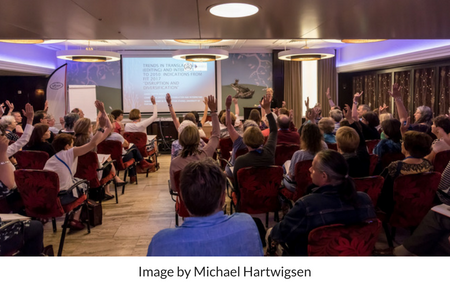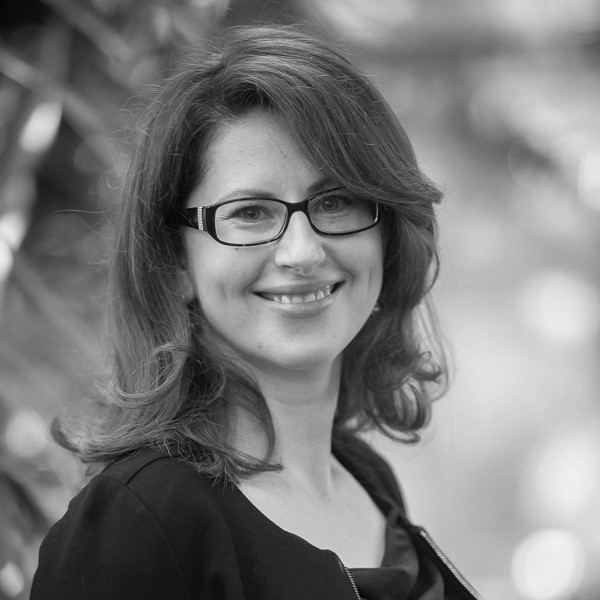 Successful doesn’t even begin to describe it!
Successful doesn’t even begin to describe it!
(If you’re allergic to gushing enthusiasm, please stop reading now!)
For me the SENSE 2018 Conference was a huge success. As a newbie I felt like a child in a candy store. Not only was it full of great sessions, excellent workshops and tasty food at a striking venue, best of all, it was full of incredible people.
I’m a biomedical scientist by trade, so I’ve attended my fair share of conferences over the years. But I have to say that this one rivalled the best of them. Perhaps it was the small crowd that made it so easy to meet other members? Or perhaps this industry is just more open to newcomers than what I’m used to? Either way, I have never met so many friendly, encouraging and supportive people in the span of less than three days.
If there could be one criticism, it would be the quality of the programme. It was just TOO good!
Too much choice
This became quite a problem with the pre-conference workshop line-up. With four topics on offer, I sat at my computer for at least an hour trying to decide which to register for. In the end, I went for something I have not done much of in the past, and chose Stephen Johnston’s The Impossible Blog workshop. I hope some of his wisdom rubbed off on me and this blog post, but either way, it was a fun start to the weekend.
The trouble with choice only continued at the conference proper. It was really difficult to decide which of the concurrent sessions to attend. Given my scientific bent, I was spoilt for choice when it came to learning more about biomedical editing and writing. And boy, were the talks great! From Charles Frink on disrupting poor writing habits in the sciences, to Valerie Matarese on bad textual mentors, to Carol Norris on developing a concise active voice in research communication. And this was just the first day!
Founding members
On the second day, two founding SENSE members, Jackie Senior and Joy Burrough-Boenisch, teamed up to continue the theme of language editors in academia in the morning session. Jackie highlighted how English-language editors can help researchers in their quest to publish in top-tier journals. Joy then showed us how the SENSE Guidelines for Proofreading Student Texts could be applied to doctoral theses written in English in the Netherlands. In the penultimate session, Maria Sherwood-Smith spoke about the opportunities for language professionals created by the need for researchers to communicate science to non-specialists. Yet another ripper day!
At least my over-curious mind could rest from having to make tough programme choices at the opening and closing plenaries. On Saturday, the conference began with a hilarious talk by Gardner Jeremy (only joking… Jeremy Gardner) who had the audience laughing, and gasping at times, at his many examples of ‘EU English’. In the closing plenary on Sunday, Sarah Griffin-Mason outlined future trends likely to impact the language services sector. One I admit I haven’t given much thought to till now was the impact of artificial intelligence (AI). Despite the possible gloom ahead, the encouraging thought I left with was that a true AI takeover is not likely to occur just yet. Humans are still immeasurably better at detecting and translating all the meanings hidden between the lines. But as Sarah pointed out, it would nevertheless be beneficial for us all to raise the profile of language professionals, as the work we do is of great value to the global economy, both now and into the future.
All in all, the SENSE 2018 Conference was a hugely enjoyable learning experience for me, but I do wish I could have gone to even more of the talks. So please, oh please, dear SENSE organizing committee, can we have another conference again soon?

Kathy Jastrzebski is a biomedical researcher, as well as a freelance editor and writer for her company, Winning Docs.
